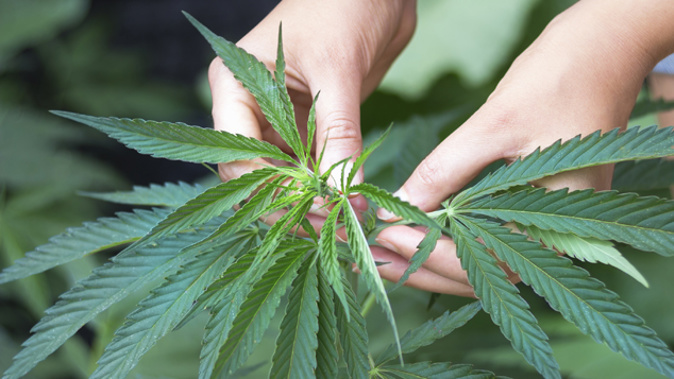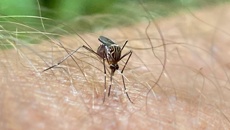
A medical marijuana trial of 40 Australian children with hard-to-treat epilepsy has shown cannabidiol has some positive impacts with a manageable side effect.
Parents and doctors of the children felt many had improved health overall but the authors of the trial, released today, warn it wasn't designed to draw conclusions on efficacy.
The trial selected children enrolled in the New South Wales Compassionate Access Scheme for children with drug-resistant epilepsy and uncountable daily seizures.
During the trial, they received cannabidiol as an adjunct anti-epileptic drug, titrated to a maximum of 25mg/kg/day, for up to 12 weeks.
"Thirty-nine patients reported at least one adverse event; many were deemed unrelated to cannabidiol treatment," the authors said.
"The caregivers of 12 children felt the overall health of their children had much or very much improved; clinicians assessed seven children as being much or very much improved."
Seventeen patients were admitted to hospital during the 12-week process but it wasn't out of the ordinary over the last year for those trialists.
"There was no significant change in the number of rescue medication episodes or episodes of status epilepticus. No participants reported complete freedom from seizures.
"Our study had no objective outcome measure of efficacy, as the strict eligibility criteria [including uncountable seizures] for participation meant that changes in seizure frequency could not be quantified," they said.
Because the treating clinician could change the doses of cannabidiol throughout the trial, the results cannot attribute to cannabidiol alone.
The authors of the study concluded there needed to be more research on the cannabidiol product.
Take your Radio, Podcasts and Music with you








